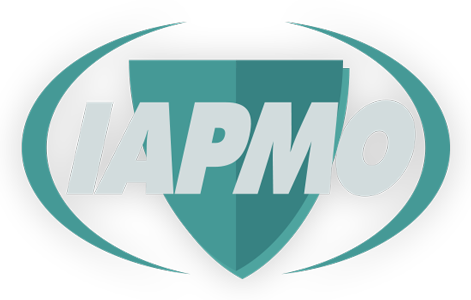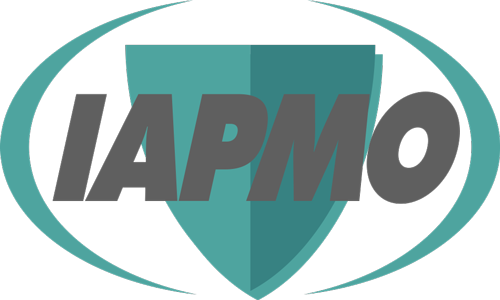With water scarcity a key plumbing resiliency challenge, some jurisdictions are evaluating water recycling programs, which involve treating wastewater to make it suitable for reuse. Here are some key insights on how the US state of Oregon implemented a state-wide water recycling program:
- Success is Rooted in a Comprehensive Policy Framework
Oregon’s success in water recycling can be attributed to its strong policy framework. The state government implemented regulations, incentives, and guidelines to encourage the adoption of water recycling practices. By establishing clear rules and goals, they motivated industries, municipalities, and individuals to embrace this sustainable approach and make it an integral part of their operations. - Build Policy Through Collaborative Efforts
Another crucial aspect of Oregon’s approach is the emphasis on collaboration between different stakeholders. The state government worked closely with water utilities, businesses, and environmental organizations to develop and implement effective water recycling policies. By fostering partnerships and encouraging knowledge sharing, Oregon promoted a unified front in addressing water scarcity issues. - Prioritize Public Awareness and Education
To ensure the success of any water recycling program, public awareness and education are paramount. Oregon recognized this and implemented proactive measures to educate citizens about the benefits of water recycling. Through campaigns, workshops, and informational materials, they empowered individuals to embrace water conservation practices and make informed choices regarding water usage. - Incentivize Adoption
Making water recycling economically appealing is crucial for widespread adoption. Oregon adopted various incentive programs, such as tax benefits and grants, to encourage businesses and individuals to invest in water recycling infrastructure. By reducing financial barriers, the state ensured that the benefits of water recycling were accessible to all, fostering widespread participation. - Leverage Advanced Water Technologies
Oregon leveraged advancements in water treatment technologies to enhance the effectiveness and efficiency of its recycling efforts. Its jurisdictions under the Uniform Plumbing Code® ensured that the necessary infrastructure and equipment were in place to support water recycling systems. This commitment to technological innovation further bolstered the success of Oregon’s water recycling policies, making it easier for businesses, municipalities, and individuals to implement and maintain these systems effectively.
Oregon recognized the importance of conserving water and reducing reliance on external sources. Through water recycling, Oregon has taken a significant step towards ensuring water security.
You can learn more about Oregon’s journey from this interview on IAPMO’s The Authority Podcast interview with Pete Muñoz, EcoDistricts AP senior engineer and practice lead at Biohabitats.

